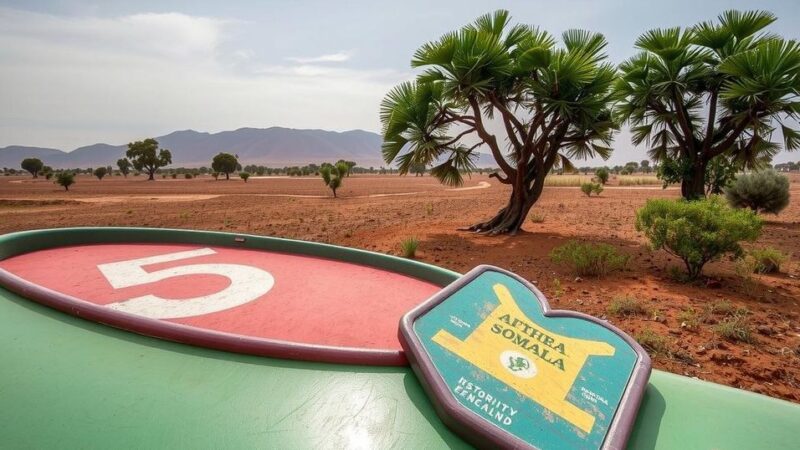Tropical Cyclone Chido hit Mozambique on December 15, leading to significant destruction, with over 5,800 homes damaged and power outages affecting 2,500 families. Communication difficulties persist, and the cyclone previously devastated Mayotte at Category 4 strength. It continues its path into Malawi as a moderate tropical storm, expected to dissipate near Zimbabwe by December 17.
Tropical Cyclone Chido has struck Mozambique on December 15, bringing with it devastating consequences characterized by strong winds reaching 80 km/h, thunderstorms, and heavy rain accumulations surpassing 250 mm within a 24-hour period. The Southern African Development Community (SADC) reported that the cyclone has resulted in the destruction of over 5,800 homes and left 41 classrooms partially damaged, while disrupting power for approximately 2,500 families. Current assessments are likely to reveal more extensive damage as evaluations continue.
In Pemba, communication has become challenging as residents report sporadic mobile service and ongoing power outages, leading individuals to conserve battery life on their electronic devices for vital communication. Prior to its landfall in Mozambique, Cyclone Chido wreaked havoc on the French Indian Ocean territory of Mayotte, where it was classified as a Category 4 hurricane, featuring winds that exceeded 220 km/h and causing extensive demolition of entire neighborhoods.
As of December 16, Cyclone Chido continues to move inland towards Malawi, maintaining its status as a moderate tropical storm. The cyclone has already affected southern Malawi with wind gusts and rainfall amounts ranging from 100 to 150 mm. Following its passage through Malawi, the cyclone is expected to re-enter Mozambique in Tete Province while impacting northward into Sofala and Manica provinces. It is projected to dissipate near Zimbabwe by December 17, prompting local authorities to advise residents of both Mozambique and Malawi to stay informed through national meteorological updates.
Tropical cyclones are significant weather phenomena that can cause extensive damage due to high winds and heavy rainfall. The current concern regarding Cyclone Chido underscores the region’s vulnerability to such natural disasters, exacerbated by a lack of infrastructure to withstand severe weather. Countries in Southern Africa, including Mozambique and Malawi, often face challenges in recovery following cyclonic events, as the damage to homes, schools, and communications can impede relief efforts and the restoration of essential services.
In summary, Tropical Cyclone Chido has brought severe destruction to Southern Africa, particularly Mozambique and Malawi. The impact of the cyclone is reflected in the extensive damage to infrastructure and the challenges faced by residents in maintaining communication and accessing resources. Continued monitoring of weather patterns and necessary preparations for future cyclones are critical for the safety and recovery of affected areas.
Original Source: www.vaticannews.va







